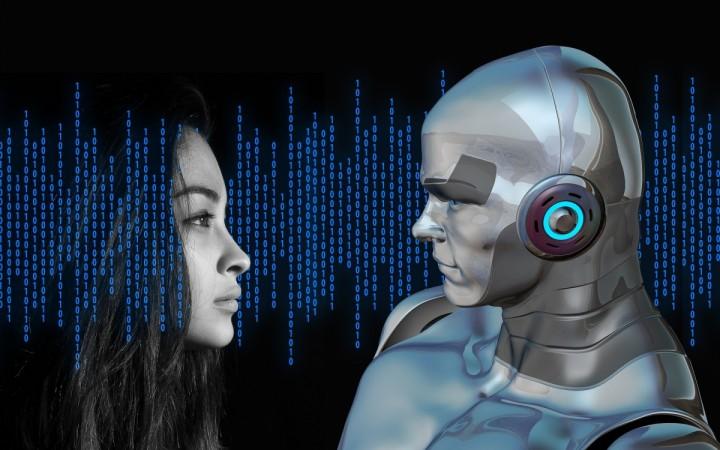
Technology giant IBM and the Indian Insititute of Technology Bombay will join the AI Horizons Network for a multi-year collaboration to propel Artificial Intelligence research.
The Department of Computer Science and Engineering at IIT Bombay is one of the prominent research organisations with a long history of leadership in data mining and data recovery systems in India. By joining the AI Horizons Network, IIT Bombay will combine its workforce and best graduates with AI researchers from IBM Research. The goal here is to make India progress and accelerate the use of AI, machine learning, language processing and other innovations to business and industry.
The teams will examine new methods for information portrayal crosswise over documents, diagrams, graphs, and different types of multi-media content. This zone of research is said to be fundamental in growing new AI applications in industries such as financial services, retail, and healthcare, which depend vigorously on rich, multi-modular substance.
The collaboration will likewise work to propel the field of training and building domain-specific AI operators (chatbots), which are intended to help people in complex decision making, for example, settling on exchanging and investment decisions in financial services. Also, the team is designed to investigate new, domain-neutral approaches to training which could empower quicker, more effective training of AI systems, according to the report.
With this collaboration, IIT Bombay turns into the first foundation outside North America to join the IBM AI Horizons Network. Globally, eight colleges namely Massachusetts Institute of Technology, Rensselaer Polytechnic Institute, University of Illinois Urbana-Champaign, University of Michigan, Universite de Montreal, the University of Maryland at Baltimore County, UC San Diego and the University of Massachusetts at Amherst are working with IBM in critical territories intended to quicken the development of AI advances. For example, deep learning, natural language processing, computer vision, and others, and their application to significant social challenges like helping the understanding of diseases, cyber-security, and education.
This looks like a significant move to empower young graduates by helping them collaborate with an efficient workforce to design and deal with issues that the world faces. This project will also help with the latest advancements in technology that could lead to solutions to major crises in the world.
















